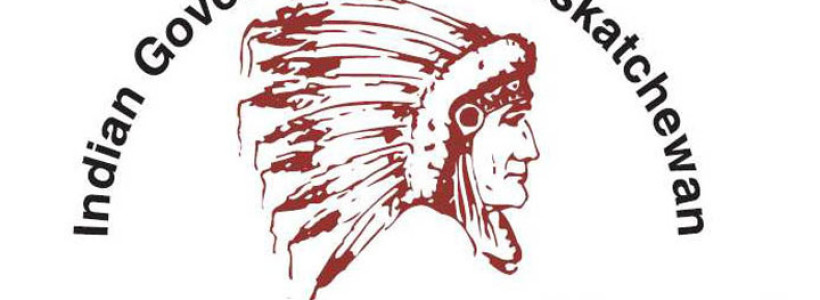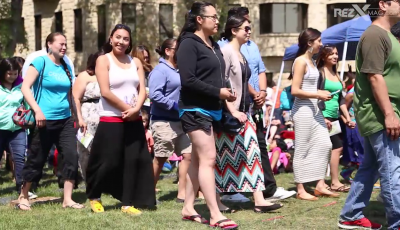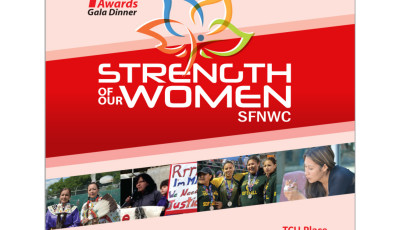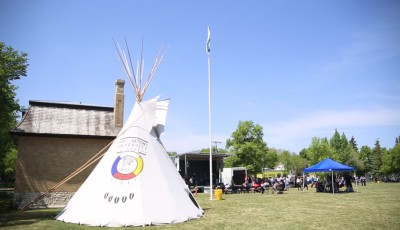RELEASE: FSIN to Advocate First Nations Treaty Rights on Proposed Energy East Pipeline
The Federal Government will need to undergo comprehensive consultations with all First Nation communities whose Treaty territory will be crossed by the proposed Energy East pipeline before any approvals are given according to FSIN Chief Bobby Cameron.
Chief Cameron was responding to recent announcements to promote the $12 billion pipeline project and its benefits to Canada.
“Meaningful and comprehensive consultations will need to happen to ensure First Nation interests and concerns with respect to environmental impacts this project will have on our communities are met. Additionally, we will be making sure First Nations fully participate in and receive an equitable share of the jobs and economic spin offs this project will create,” Chief Cameron stated.
The FSIN will be advocating on behalf of First Nation communities to ensure First Nations collective Inherent and Treaty rights are respected and adhered to. Chief Cameron says historically First Nations have not been treated fairly when it comes to natural resource mega projects. As the new Chief of the FSIN, he intends to ensure First Nation Inherent and Treaty rights are upheld and respected.
“We will be taking a collective stance and approach to protecting our Inherent and Treaty rights, especially in the area of natural resources and its development. We have been on the sidelines long enough and as a governing body representing 74 First Nation communities we will ensure governments and the private sector work with the First Nation communities affected by such projects now, and into the future,” Chief Cameron said.
The Energy East pipeline project will cost an estimated $12 billion to move crude oil from Alberta to New Brunswick. It is estimated the 4,600 km pipeline project will deliver approximately 1.1 million barrels of oil per day from Alberta to New Brunswick, resulting in pipeline infrastructure being built through 155 First Nation communities. The project is also estimated to generate 10,000 new jobs and result in millions of dollars in economic spin offs.
“We expect the federal and provincial governments, and the projects developers, Trans Canada to respect our Inherent and Treaty rights and consult and negotiate on a nation to nation basis so that First Nations are part of the project and receive a fair share of the economic benefits. This includes such things as impact benefit agreements, jobs and receiving royalties on an annual basis,” Chief Cameron said.
Chief Cameron concluded that the FSIN will be working with affected First Nation communities on the development of the project and will be holding its own dialogue internally to get direction from Chiefs, Elders, youth and grassroots people. Once completed the next step is to begin meaningful dialogue with the provincial and federal governments, and Trans Canada.





